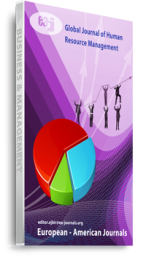Purpose: Customer satisfaction in modern organizations requires employees’ job satisfaction that can be led to performance improvement in the organization. In this regard, self-leadership and strengthening of it among the employees and managers can facilitate this issue. Purpose of the present paper was to study the relation between self-leadership with job satisfaction and performance improvement. Methodology: Ninety two employees of the Economic Affairs and Finance Organization in Kermanshah province were studied for data collection among whom eighty seven were prepared to respond to research questions. The applied tools included standard questionnaire of self-leadership, job satisfaction and performance improvement and statistical techniques such as t-value test, confirmatory factor analysis and structural equations using SPSS and Smart PLS software were utilized for data analysis. Findings: The results revealed that self-leadership has a positive and significant effect on job satisfaction and performance improvement (p< 0.05). Also behavior-oriented and natural reward strategies have a significant relation with job satisfaction while the relation between constructive thinking strategy and job satisfaction is not significant. Similarly the significant relation between job satisfaction and each component of performance improvement has been confirmed. Hence, it is recommended to managers to help employees utilize self-leadership as an incentive for job satisfaction and thus performance improvement by trying towards self-direction and spontaneity so that organizations act better in adapting with dynamic environments and remain stable in the competitive world.
Keywords: Employee Motivation, Job Satisfaction, interaction, performance improvement, self-leadership

